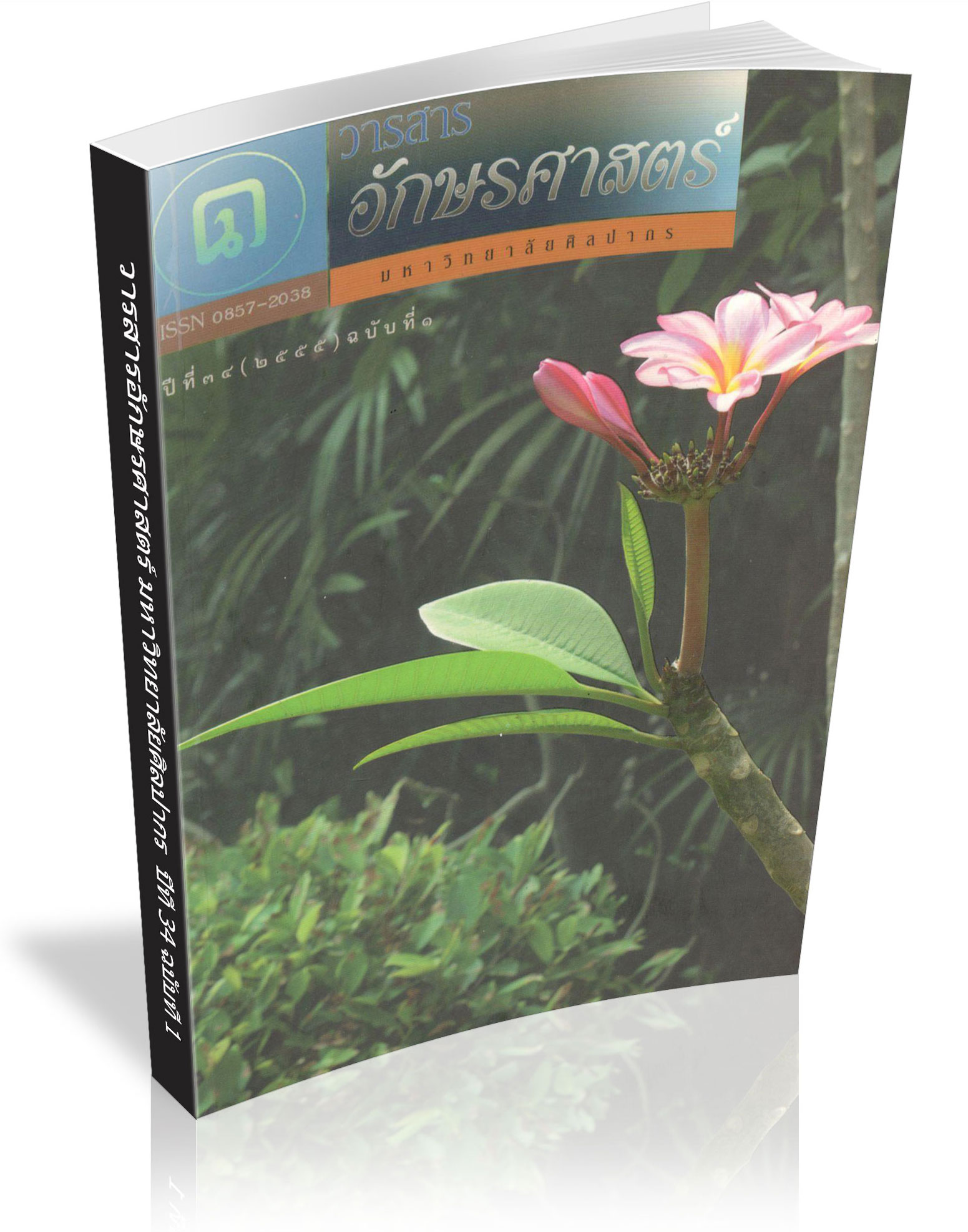Ronald Reagan and the Evil Empire of Europe 1981-1984
Keywords:
Ronald Reagan, Evil Empire, Nuclear WarAbstract
Ronald Reagan was elected the fortieth president of the United States in November 1980. He wanted to restore the dignity of the nation and believed that the United States would win the Cold War, Reagan tried to resolve the domestic economic crisis and introduce harsh foreign policies to contain the Soviet Union. In addition he accused President Carter of neglecting nuclear arms and make the Soviet Union gain military advantages. Reagan decided to increase the military budget. He planned to improve the military and renew the nuclear arms project. On 8th March 1983, Reagan, in his speech at the National Association of Evangelicals in Orlando, Florida, described the Soviet Union as "the evil empire" in the modern world. This speech angered the Soviet leader who accused the United States of world domination. The confrontation between the superpowers resulted in people all around the world being fearful of a nuclear war.
Downloads
References
สมร นิติทัณฑ์ประภาศ. ประวัติศาสตร์สหรัฐอเมริกาหลังสงครามโลกครั้งที่ ๒ ค.ศ. ๑๙๔๕ - ปัจจุบัน. พิมพ์ครั้งที่ ๒ กรุงเทพฯ : สำนักพิมพ์มหาวิทยาลัยเกษตรศาสตร์, ๒๕๕๓.
อนันต์ชัย เลาหะพันธุ์ และสัญชัย สุวังบุตร. รัสเซียสมัยชาร์และสังคมนิยม. พิมพ์ครั้งที่ ๓. กรุงเทพฯ : ศักดิ์โสภาการพิมพ์, ๒๕๕๓.
Boyle, Peter G.. American-Soviet Relations : From the Russian Revolution to the Fall of Communism. London : Routledge, 1993.
Breslauer, George W. and Tetlock, Philip E.. Learning in U.S. and Soviet Foreign Policy. Boulder, Colo. : Westview Press, 1991.
Caldewll, Lawrence t., and William Diebold, JR.. Soviet-American relations in the 1980s : Superpower politics and East West trade. New York : McGraw-Hill, 1981.
Downloads
Published
How to Cite
Issue
Section
License
ผู้เขียนบทความต้องยินยอมในข้อกำหนดต่าง ๆ ของวารสารก่อนส่งบทความตีพิมพ์



